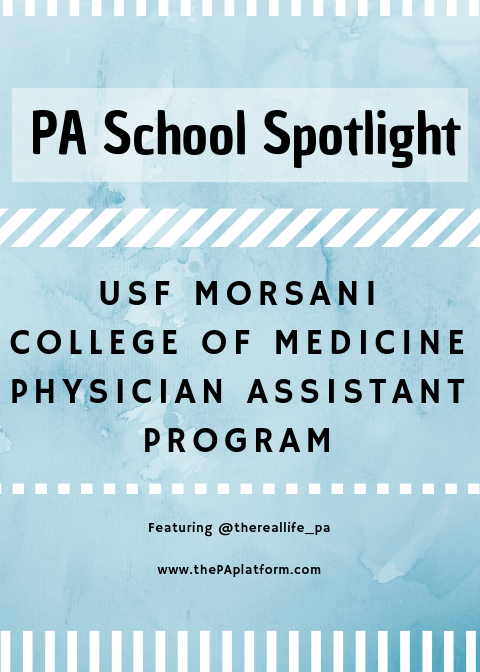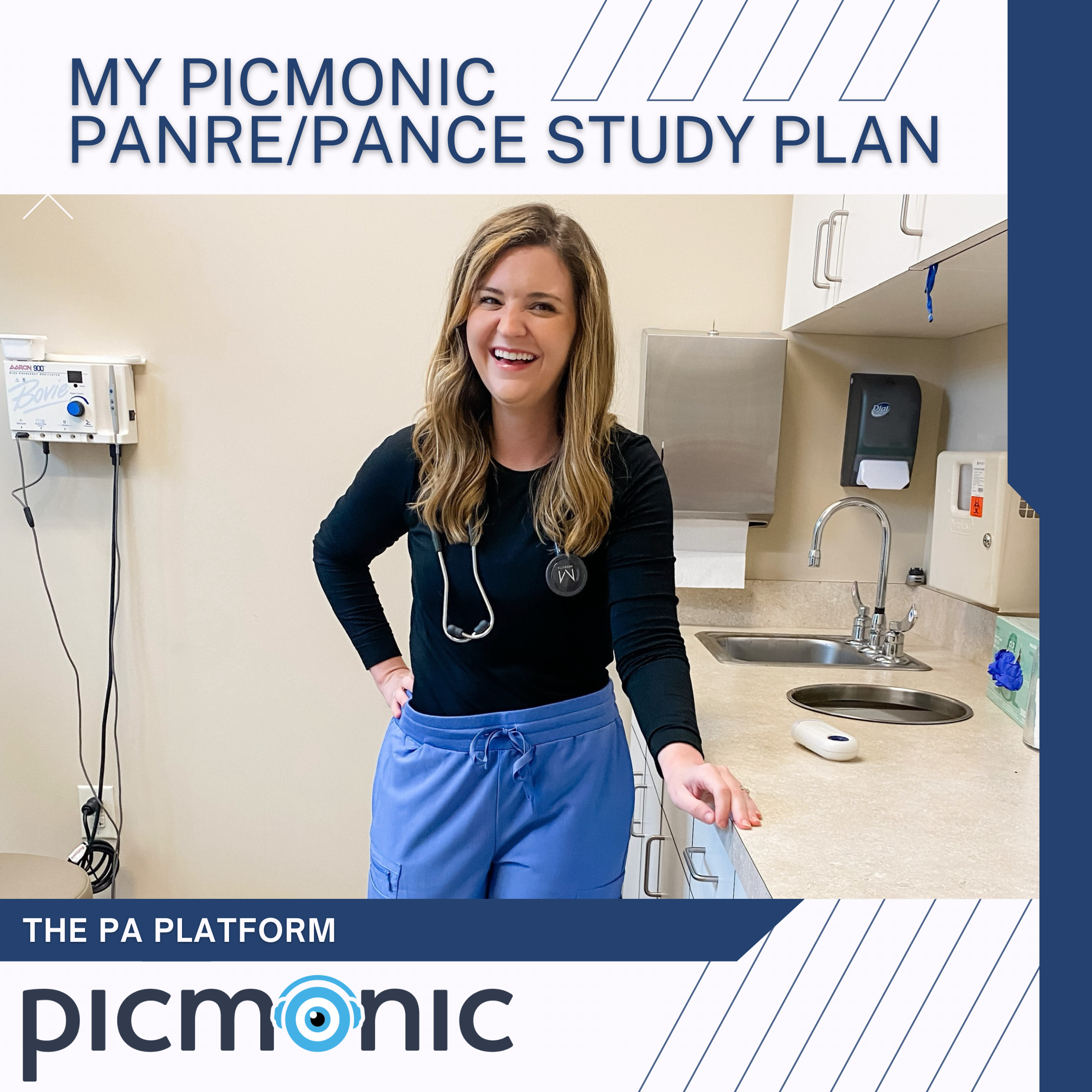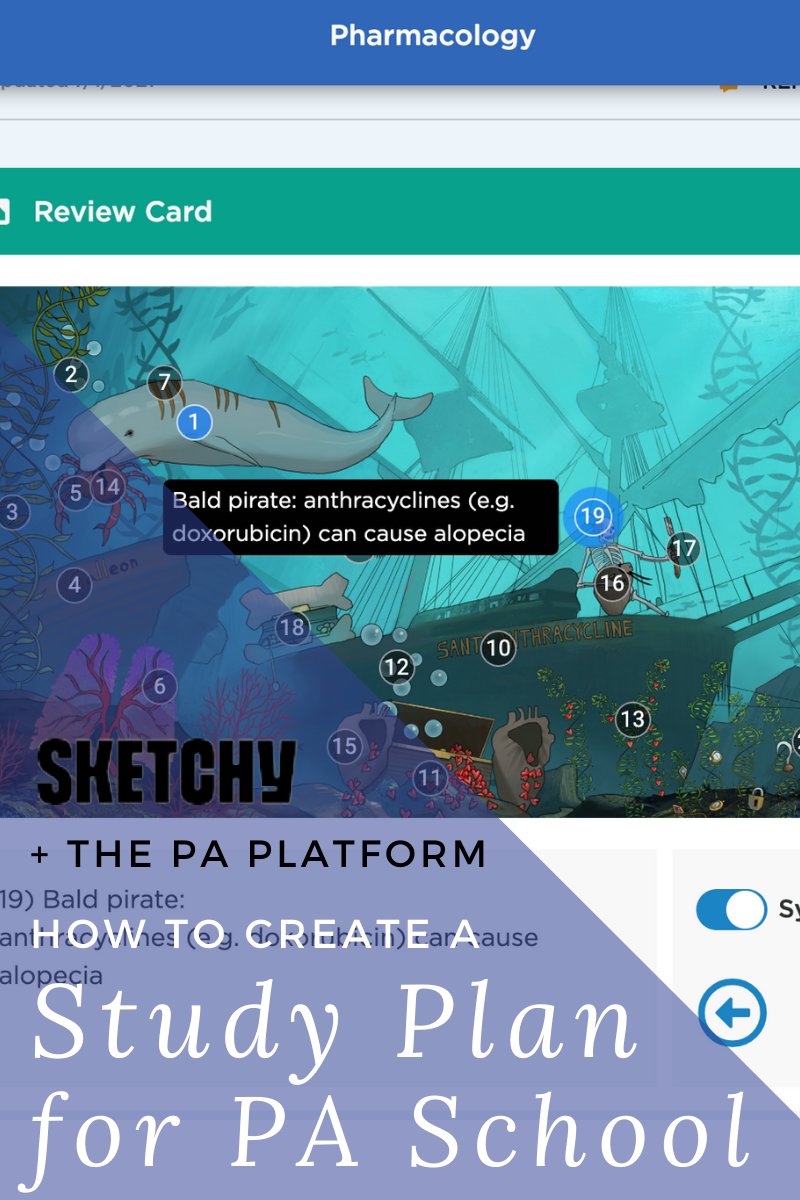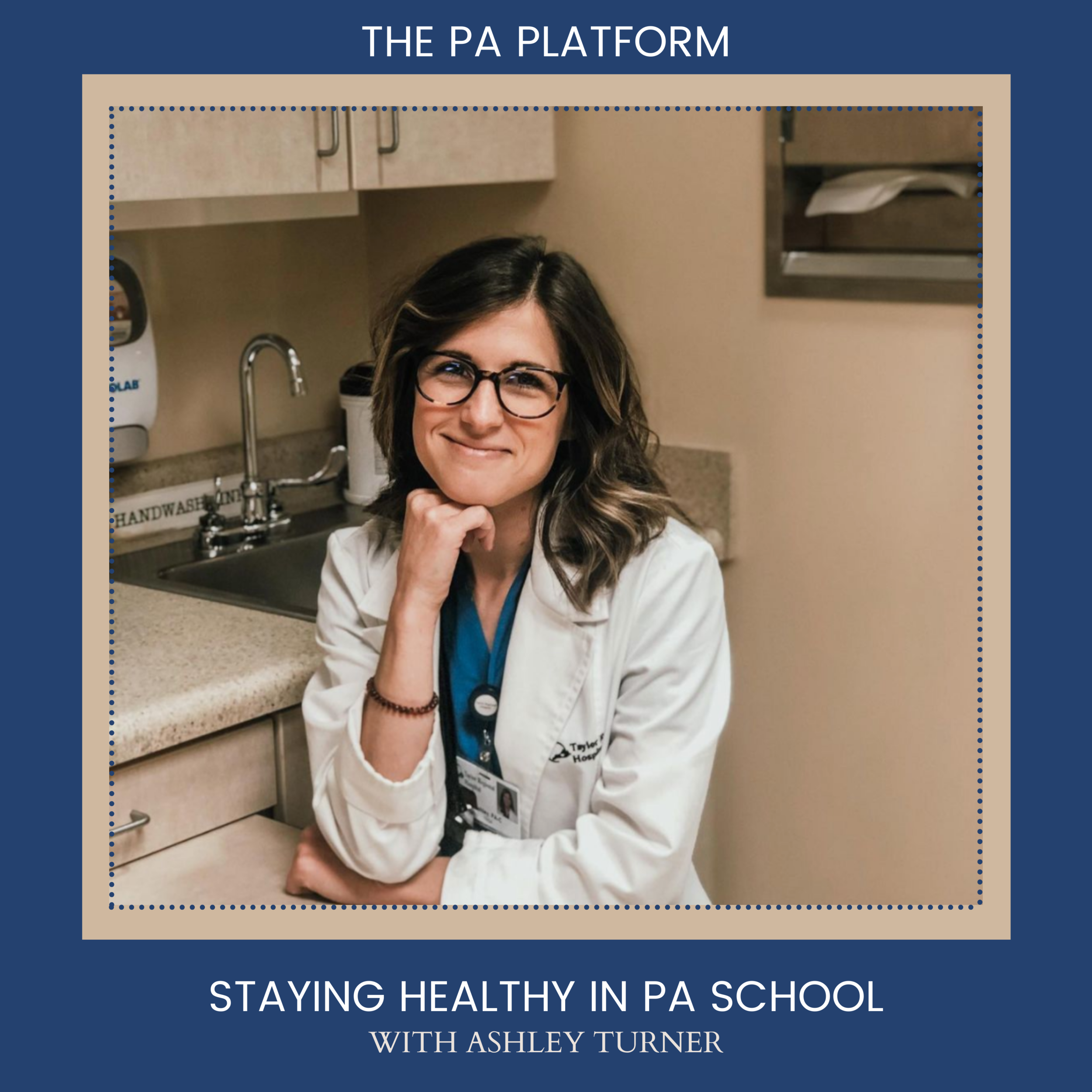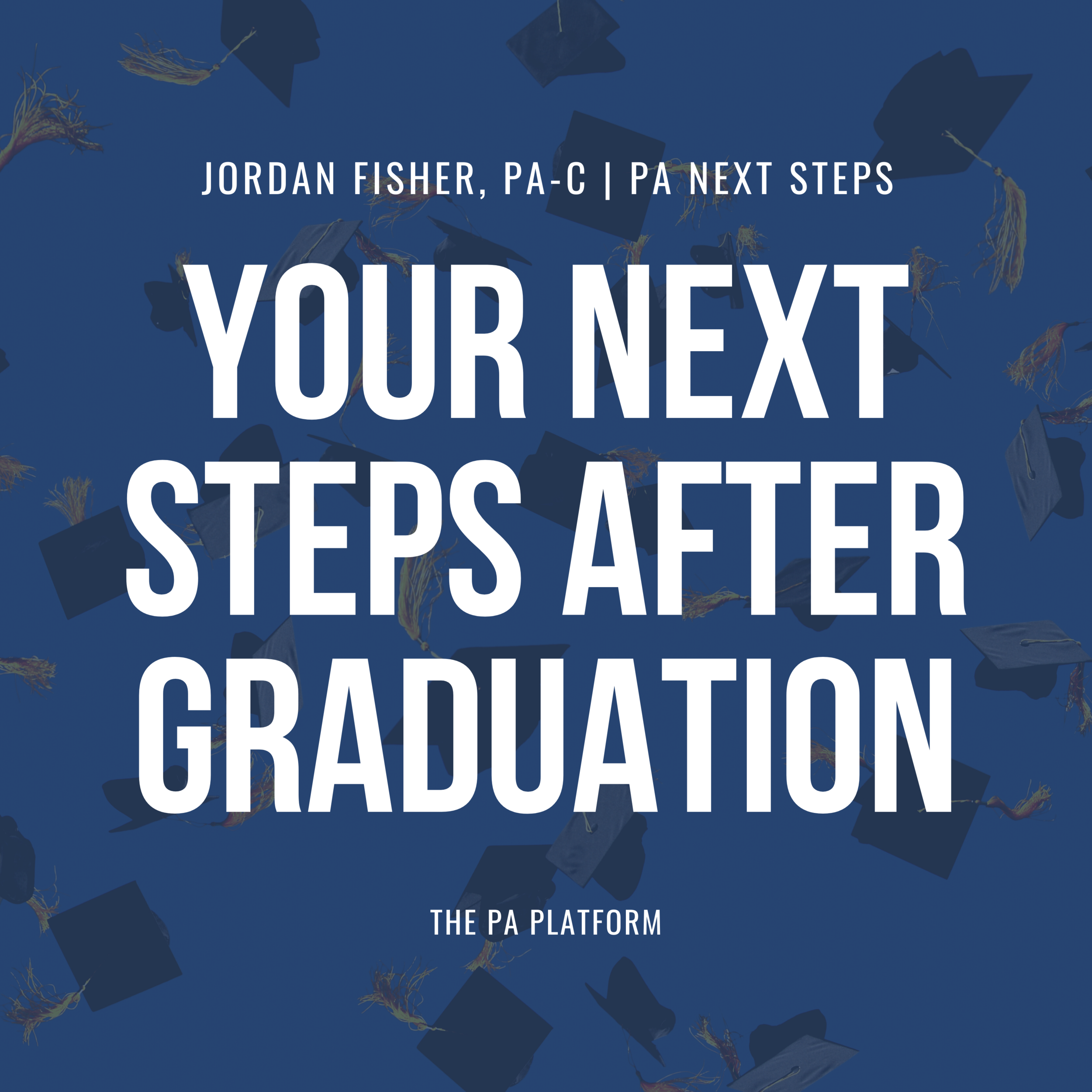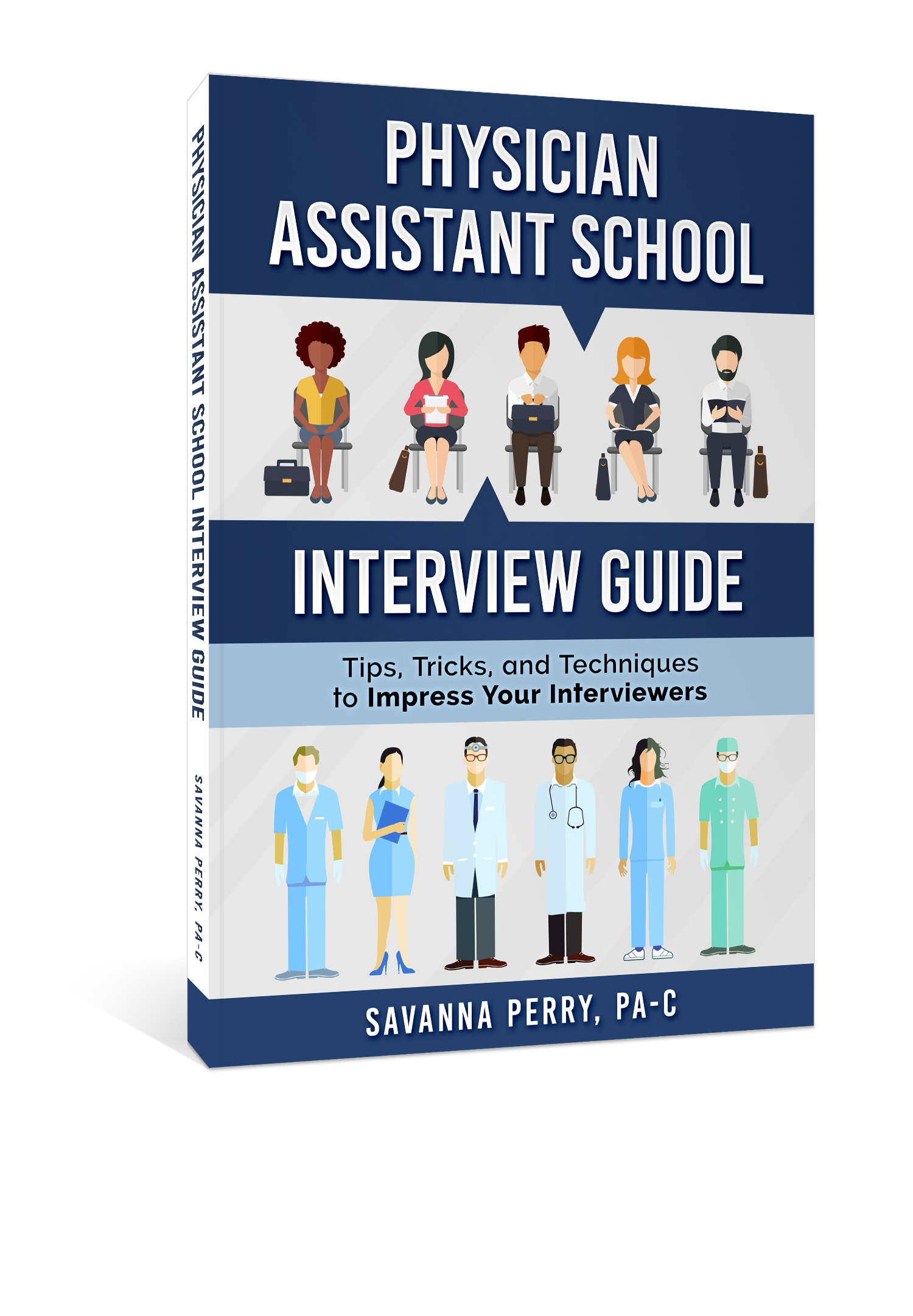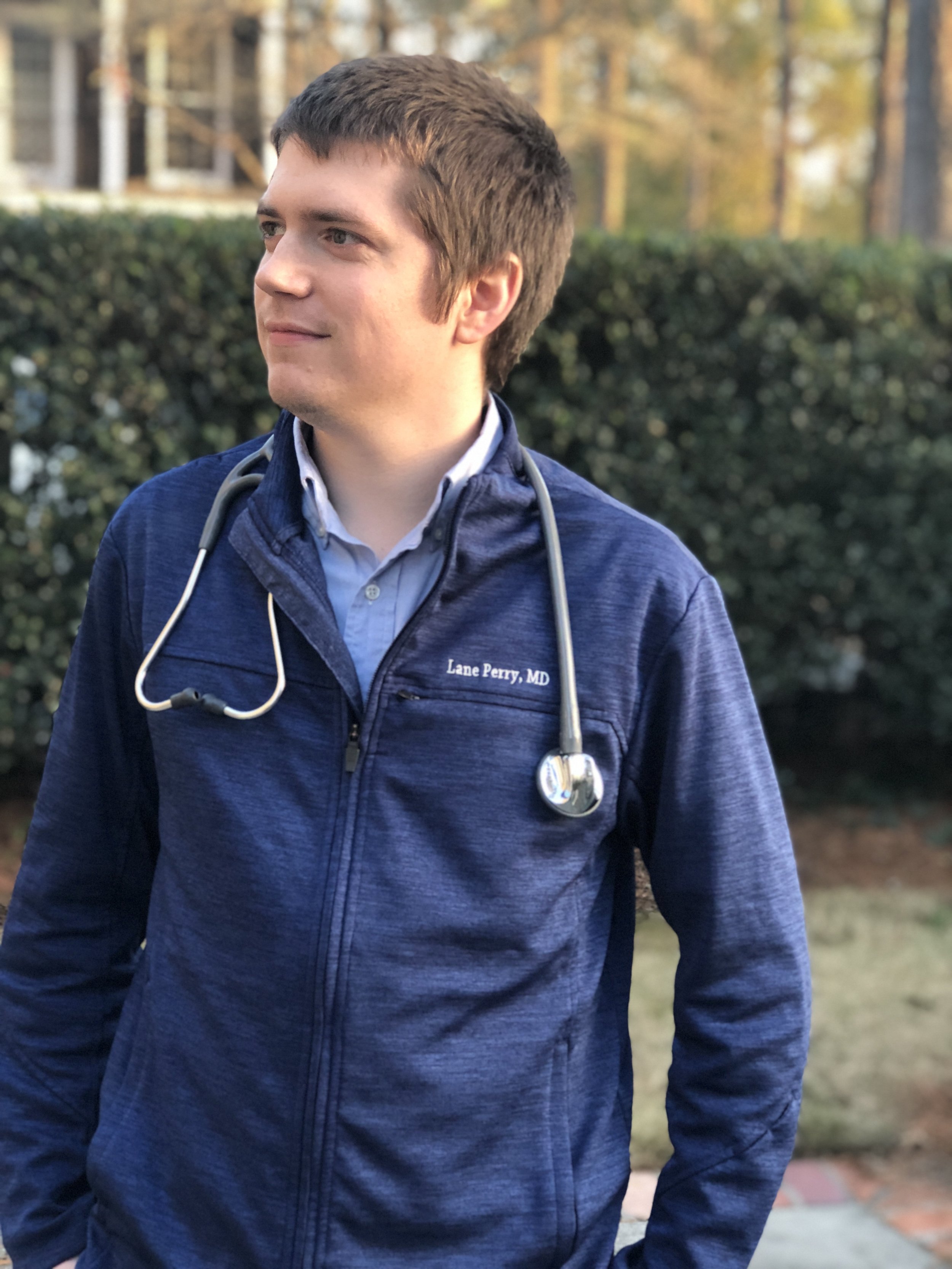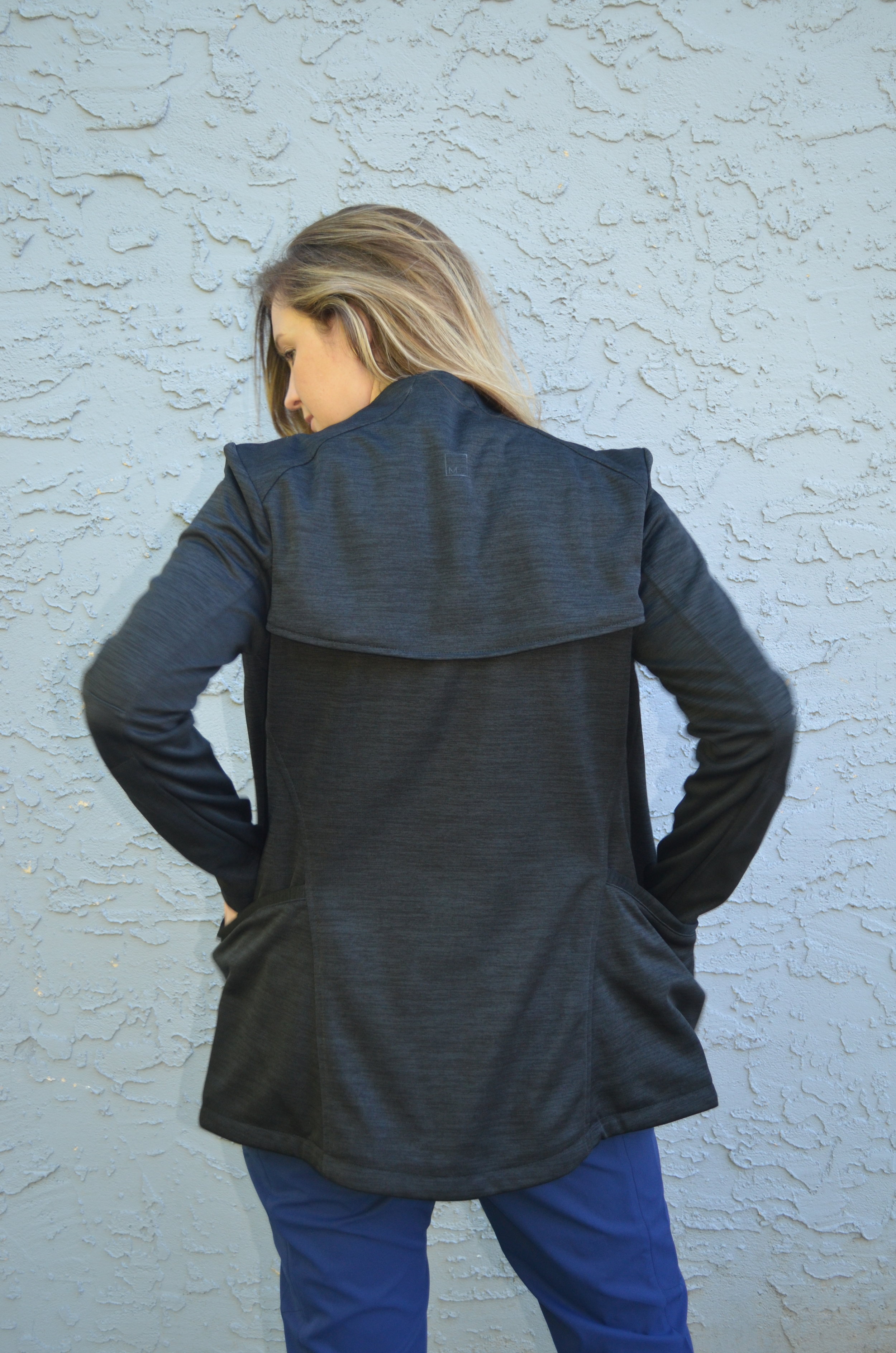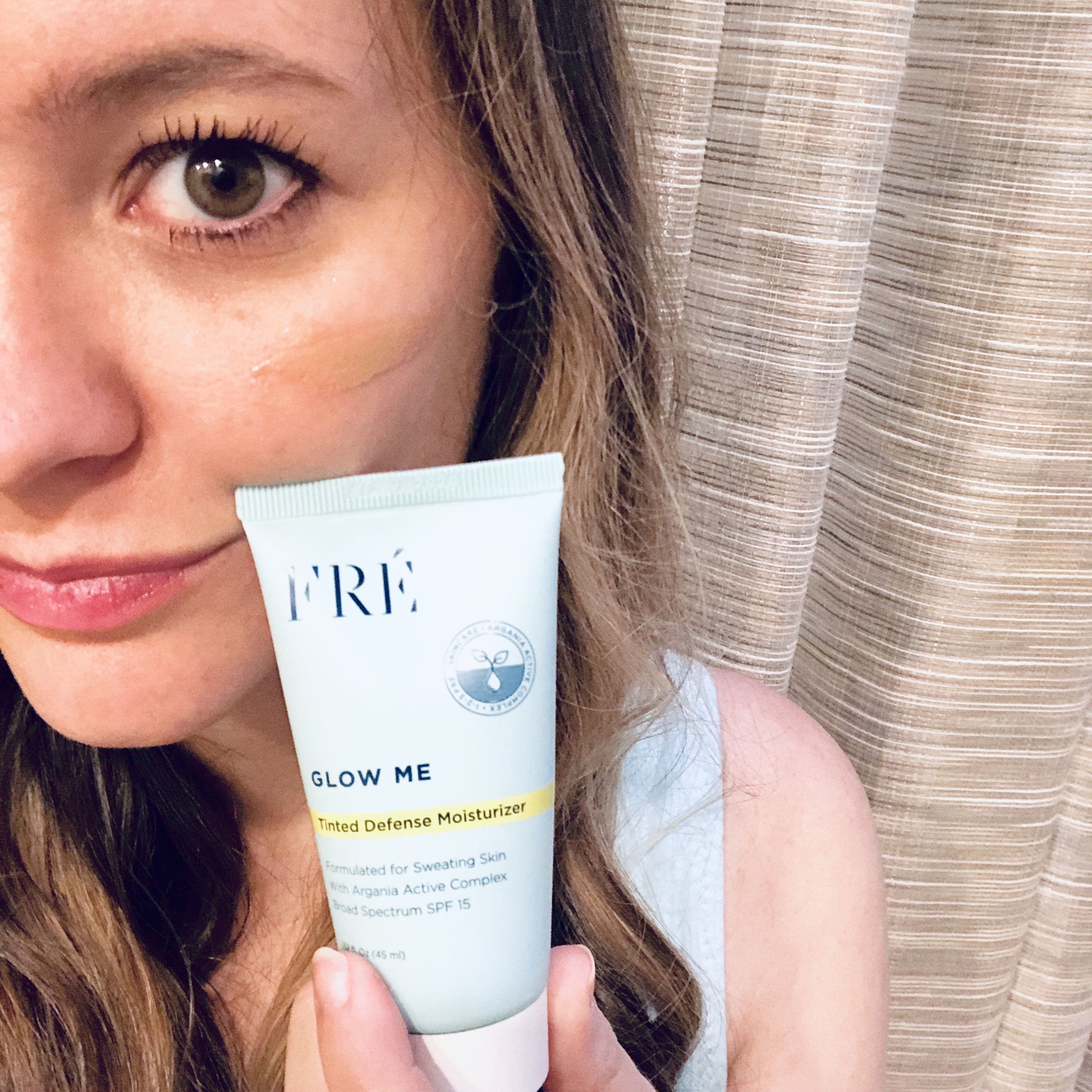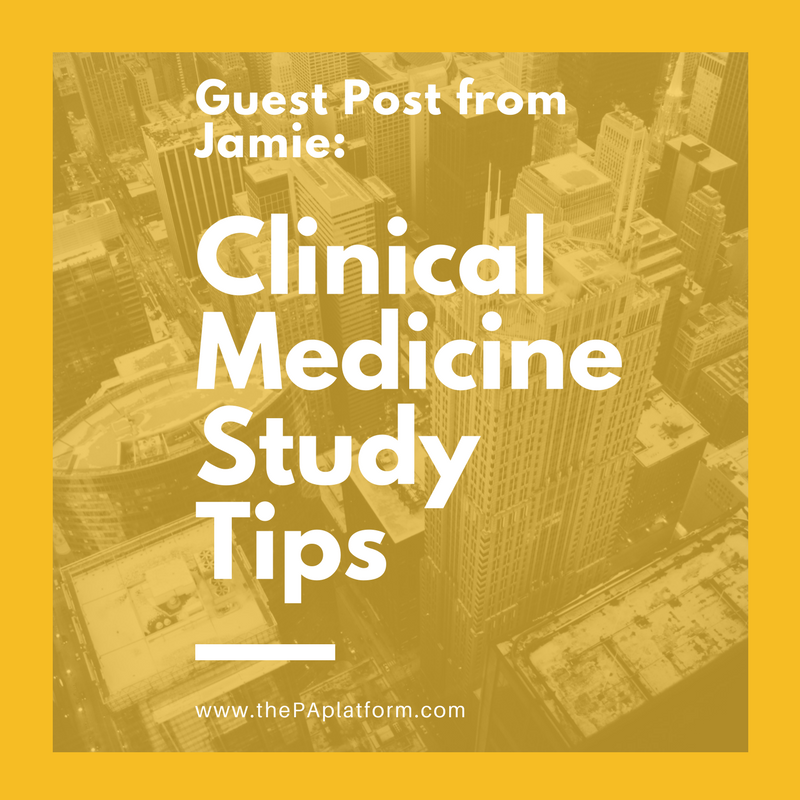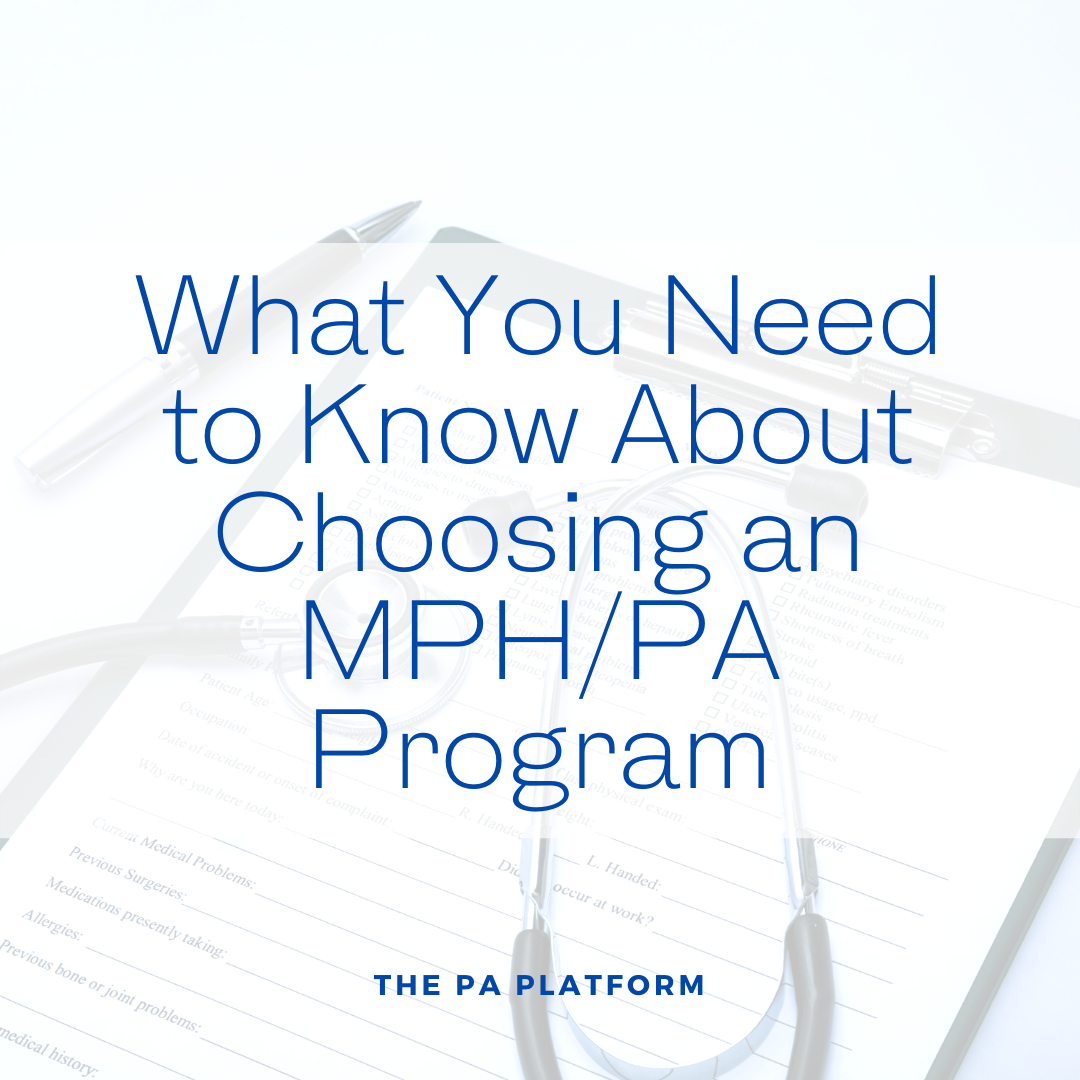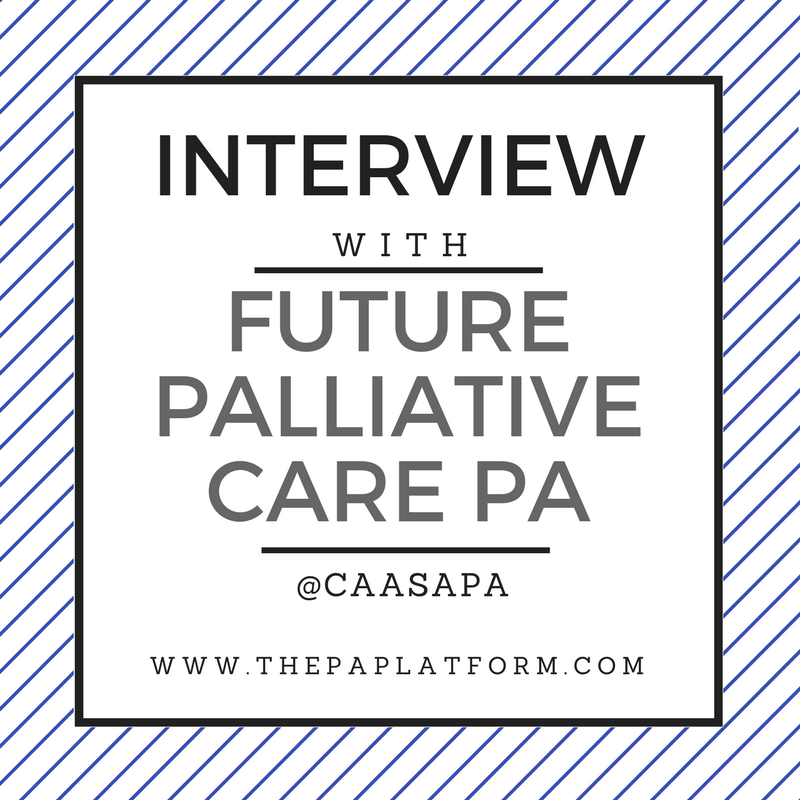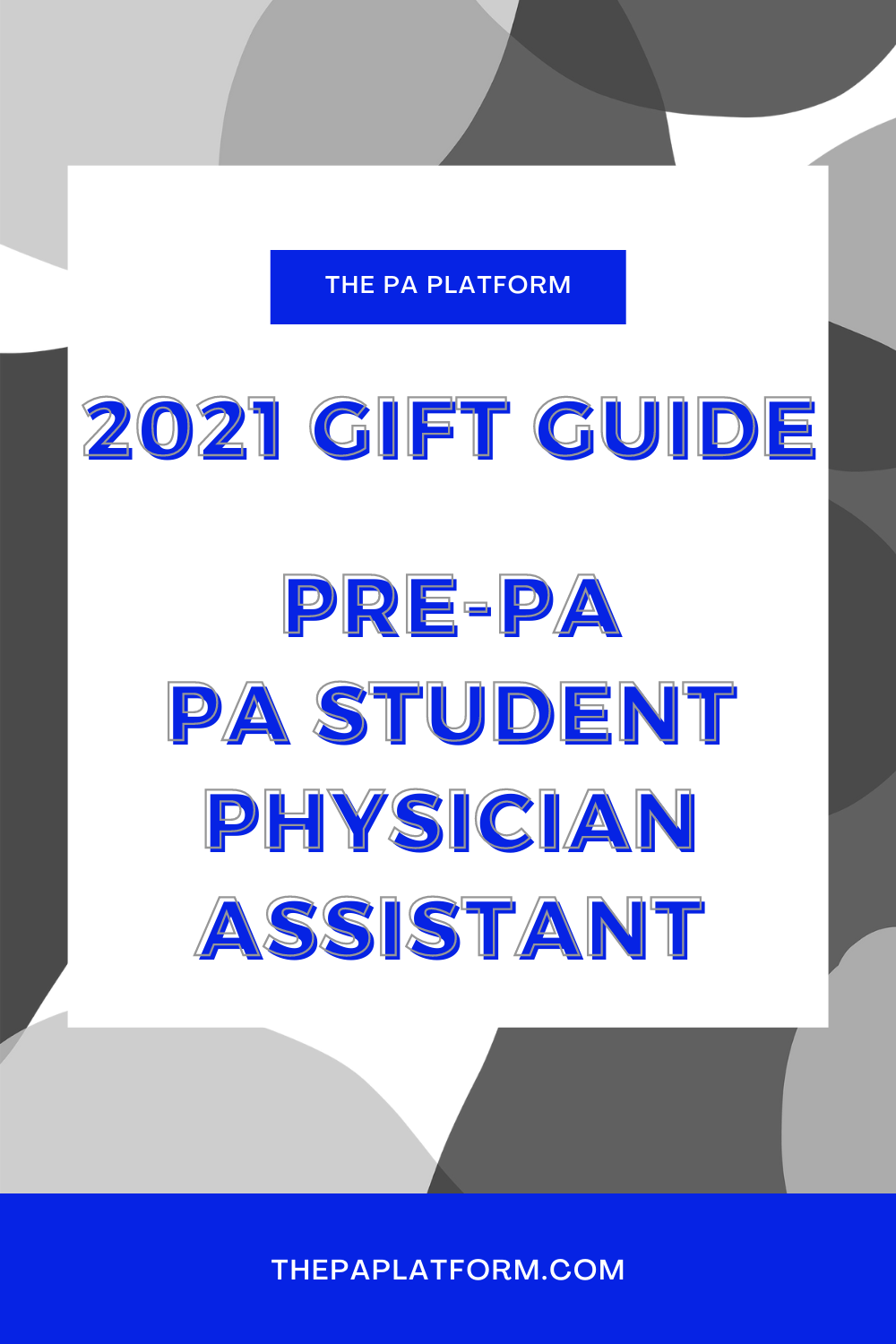PA Program: Marquette University
How long is your program and what quarter/semester are you in?: At Marquette University, our program is 2.5 years or eight semesters long I just started my first year this past August, and just started my second semester this January.
Class size: At Marquette University, our class size is currently 55 students. Half of our class are “internal” Marquette students, meaning that they attended Marquette for undergrad, or currently attend Marquette. The other half of the class are “external” students meaning that they received a bachelor’s degree from a different university. Currently, Marquette is a “3-3” program meaning that undergrad students can apply early from Marquette to start their first year of PA school their junior or senior year, doing three years of undergrad and three years of PA school. However, lots is changing at Marquette. The previous interview cycle accepted 80 students, with what was rumored to be the last year of the 3-3 program. Currently Marquette is looking to expand the PA program size with our new building on campus as well as move towards only accepting those with previous bachelor’s degrees. For my cycle, over 1,400 people externally applied for the 27 seats.
Why did you apply to your program?: Marquette was a school that I didn’t have on my application list originally. I was encouraged to apply to the school from a PA that I shadowed, as it was her alma mater. She had also attended Creighton for undergrad, and I saw many similarities between herself and me. Investigating the school a bit more, I was further inclined to apply after seeing Marquette’s statistics.
Why did you end up choosing to attend your program?: I chose to attend Marquette because of its high PANCE pass rates, the urban Midwest location and larger class size. Marquette is one of only 30 schools in the US that has had 100% PANCE pass rates first try since the start of the program over 20 years ago. Although the program is slightly longer than the average, I know that I will feel prepared to work as a PA, as some of this third year offers more time for clinical electives.
Is there anything unique about your program?: Marquette is currently a 3-3 program as I explained above, but this is going to be discontinued due to the demand for PA school seats. We are also getting a brand new 18.5-million-dollar PA building that will be completed at the end of the summer!
What is your favorite study resource?: Hands down my favorite study resource is my iPad and Apple pen. (Affiliate links). Although my iPad doesn’t really qualify to be a “study resource”, it has quickly become my life line in PA school. I purchased my iPad junior year of undergrad and have never looked back. It is great for taking notes, making flashcards and is my portable white board. My brain learns best when I can write and draw material and then re-write and re-draw until I feel confident. Apps, such as Notability, make this very easy! Additionally, I enjoy having any textbooks needed on my Kindle or Amazon app.
What is the most difficult or surprising part of PA school?: The most difficult part of PA school was moving to a new city, living alone and making friends. People often think that PA school is entirely about academics and trying not to fail, but a huge part of PA school is about your personal health and happiness. You need good friends and a network of PA students regardless of if you are attending school at home or in a new city. I thought that Facetiming and calling friends from college and home would be enough but found myself lonely those first few weeks. Having now found a great group of friends, attending class and other school events is more fun.
What advice would you give to other PA students?: Don’t talk about how stressed you are amongst your peers. Just don’t do it. There are people that will only ever spill negative energy about how much they have to do and how little time they have to do it in. If you don’t let yourself talk about your workload or stress, you won’t feel as anxious about your week. Additionally, nobody enjoys the PA student that always makes you feel that you’re behind. Understand how you deal with stress and prepare for busy weeks in advance as best you can.
Where can we find you? I started a blog with my good friend Mikayla from Creighton called the PA Prescription. You can find us on Instagram @thepaprescription as well as a link to our blog: thepaprescription.squarespace.com. We are a unique blog in that we discuss the path to PA in a dual perspective (gap year vs. no gap year).
If you are a current PA student and would like to share more about your program, email us at savanna@thepaplatform.com







